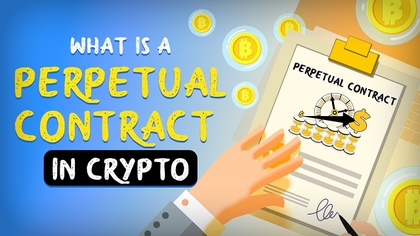OFAC claims that for over five years, Poloniex allowed users from sanctioned regions to use the crypto exchange's services.
Cryptocurrency exchange Poloniex has opted for a $7.6 million settlement after allegedly committing over 65,000 apparent violations of multiple sanctions programs, as announced by the United States Treasury Department's Office of Foreign Asset Control (OFAC).
The $7.6 million settlement is set to resolve Poloniex's civil case for alleged US sanction violations against Crimea, Cuba, Iran, Sudan, and Syria.

Did you know?
Want to get smarter & wealthier with crypto?
Subscribe - We publish new crypto explainer videos every week!
What is a Perpetual Contract in Crypto? (Definition + Example)


The OFAC claims that between January 2014 and November 2019, Poloniex enabled users in these sanctioned regions to conduct over $15 million worth of digital asset transactions, deposits, and withdrawals.
The OFAC states that Poloniex failed to overlook users who registered with the crypto exchange. Based on OFAC, Poloniex failed to do so for over a year, from January 2014 to May 2015. The department also mentioned that Poloniex's violations were neither "voluntarily self-disclosed" nor "egregious."
In the notice, the US Treasury Department's Office of Foreign Asset Control noted:
Although Poloniex made efforts to identify and restrict accounts with a nexus to Iran, Cuba, Sudan, Crimea, and Syria pursuant to its compliance program, certain customers apparently located in these jurisdictions continued to use Poloniex’s platform to engage in online digital asset-related transactions.
After Circle, a stablecoin issuer, acquired Poloniex in 2018, OFAC's investigation concluded that the company's compliance measures had "further improved." In particular, these conclusions were linked to the fact that Poloniex closed accounts with IP addresses originating from Crimea.
It is not the first time crypto exchanges have been fined for such violations. In November 2022, crypto exchange Kraken consented to a $362,000 settlement with OFAC for similar apparent sanctions violations in Iran.






















